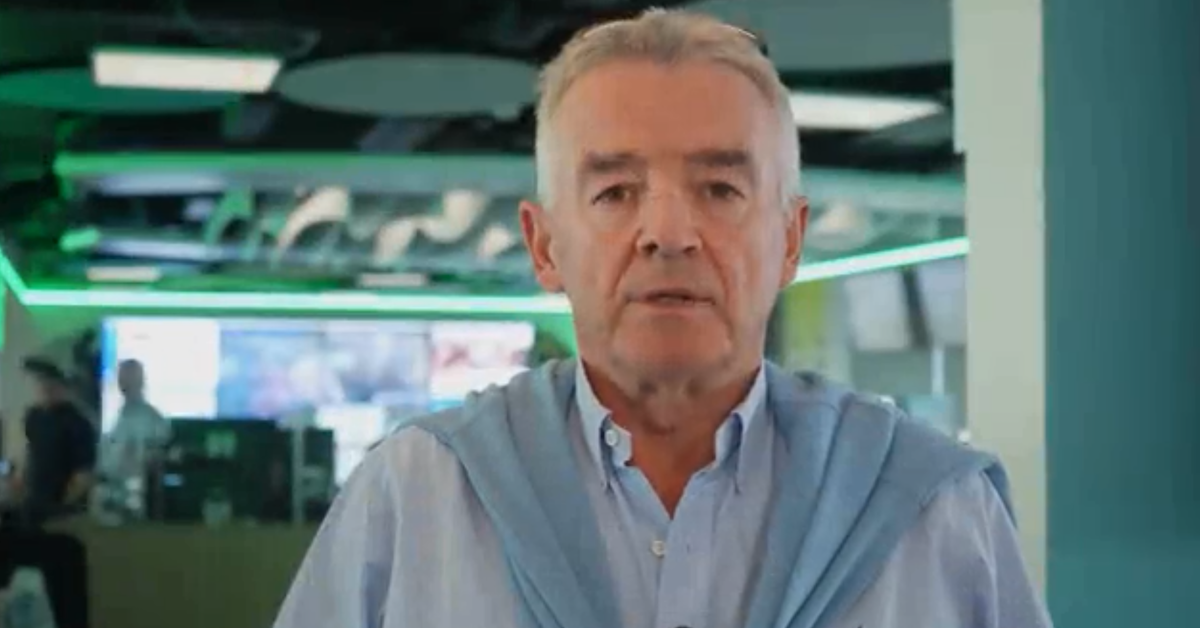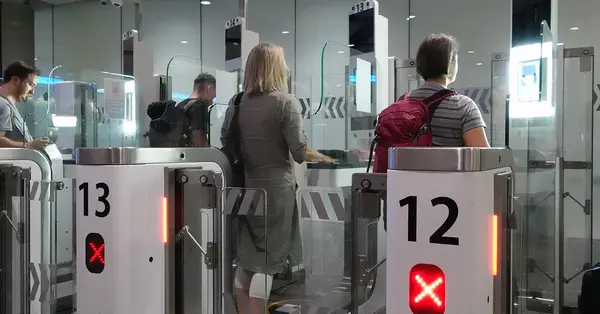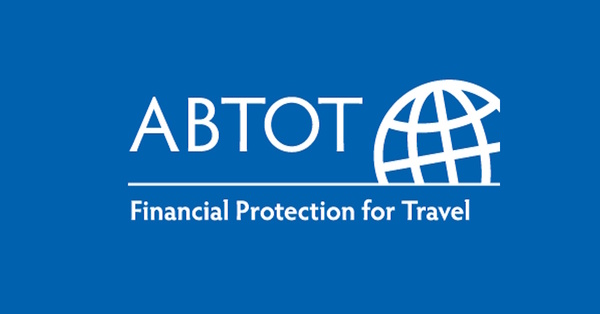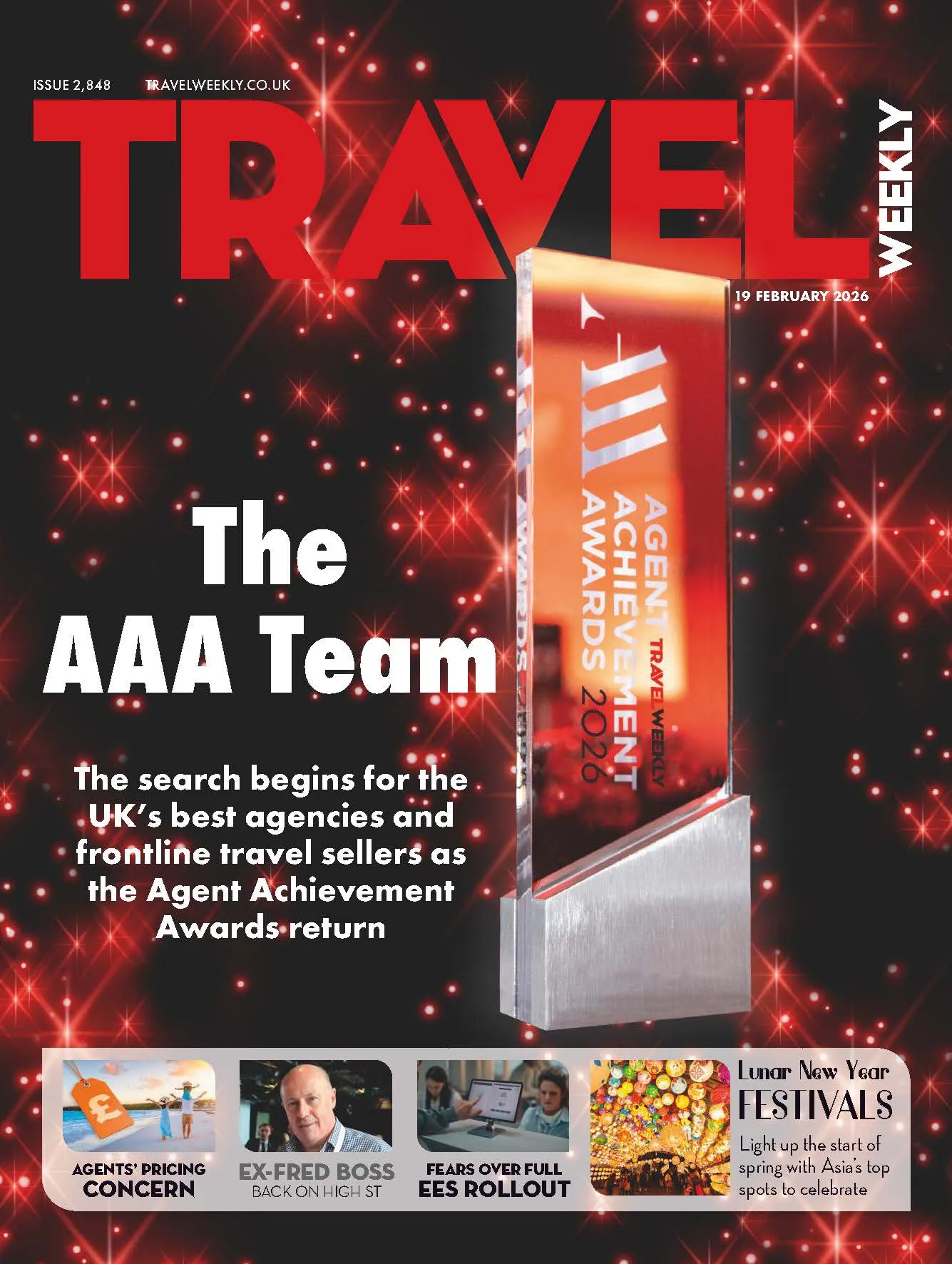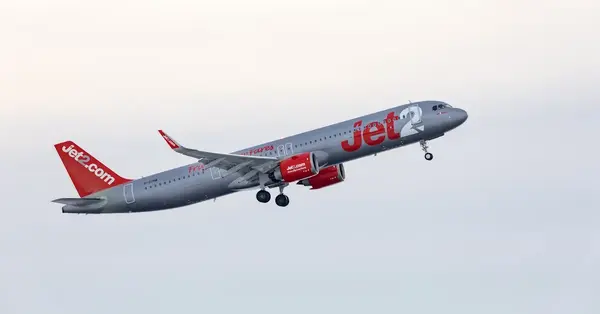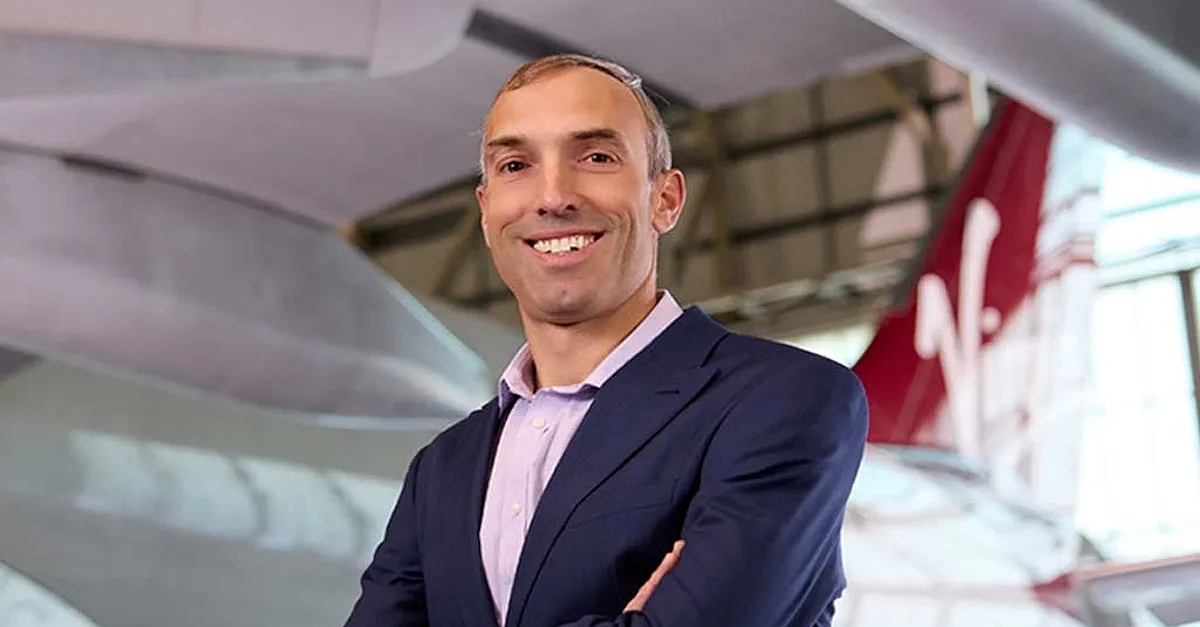You are viewing 1 of your 2 free articles
Ryanair slates CAA for allowing Nats to increase ATC charges
No-frills airline Ryanair has “condemned” the ruling by the Civil Aviation Authority to allow an increase in air traffic control charges – and again called for the sacking of Nats’ chief executive Martin Rolfe.
The average charge is forecast to rise from £47 in 2022 to £64 in 2023 to 2027.
The figure emerged as the Civil Aviation Authority set out its final decision on new price controls for Nats En Route (NERL), the economically regulated subsidiary of Nats Holdings.
In a statement, Ryanair said this news followed repeated UK ATC delays this summer and the ATC system collapse on August 28, “which caused over 2,000 UK flights to be cancelled and another 5,000 flights to be delayed”.
“Nats should not be rewarded for these repeated failures with a 26% price increase,” said the statement.
More: Airlines face hike in air traffic control charges
Ryanair calls for resignation of Nats chief after latest Gatwick flight disruption
The airline said it pays Nats almost €100 million per year for UK ATC services that are “repeatedly short staffed”.
It again called for the CAA to make Nats reimburse airlines for the costs they suffered as a result of these ATC failures – totalling £15 million in Ryanair’s case.
Michael O’Leary, Ryanair’s chief executive, said: “We are astonished at the CAA’s decision to award Nats another 26% increase in their already high charges after a summer where Nats repeatedly delayed flights.
“Nats continues to call for last-minute schedule cuts at Gatwick through September and October due to mismanaged rosters in the ATC tower.
“What we need in Nats is new and competent management.
“Ryanair calls on the CAA to reverse this illogical decision to award a 26% price increase to Nats.”
The decision is expected to increase the average cost of UK en route air traffic services by about 43p to about £2.08 per passenger per flight.
In response to Ryanair’s criticism, the CAA again pointed to comments by its chief economist Andrew Walker who said the decision will provide the “resources and investment required for NERL to provide a resilient, high-quality service for passengers and modernise its services, while recovering costs from the pandemic, which is consistent with the traffic risk sharing arrangements in NERL’s licence at the time”.
Walker also said earlier: “We also recognise the disruption caused by the technical issue in August and we will consider any further regulatory steps as appropriate following the outcome of the independent review.”
A spokesperson for the CAA said airlines do have the right to appeal if they are unhappy with the decision.

